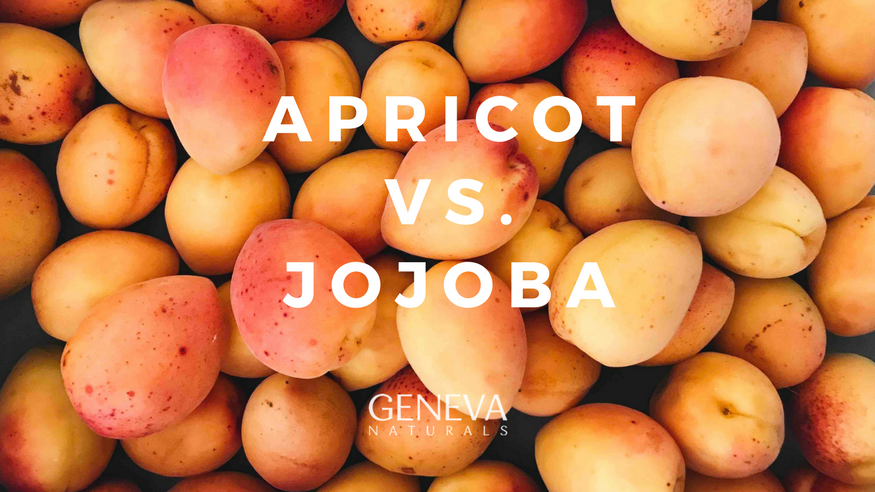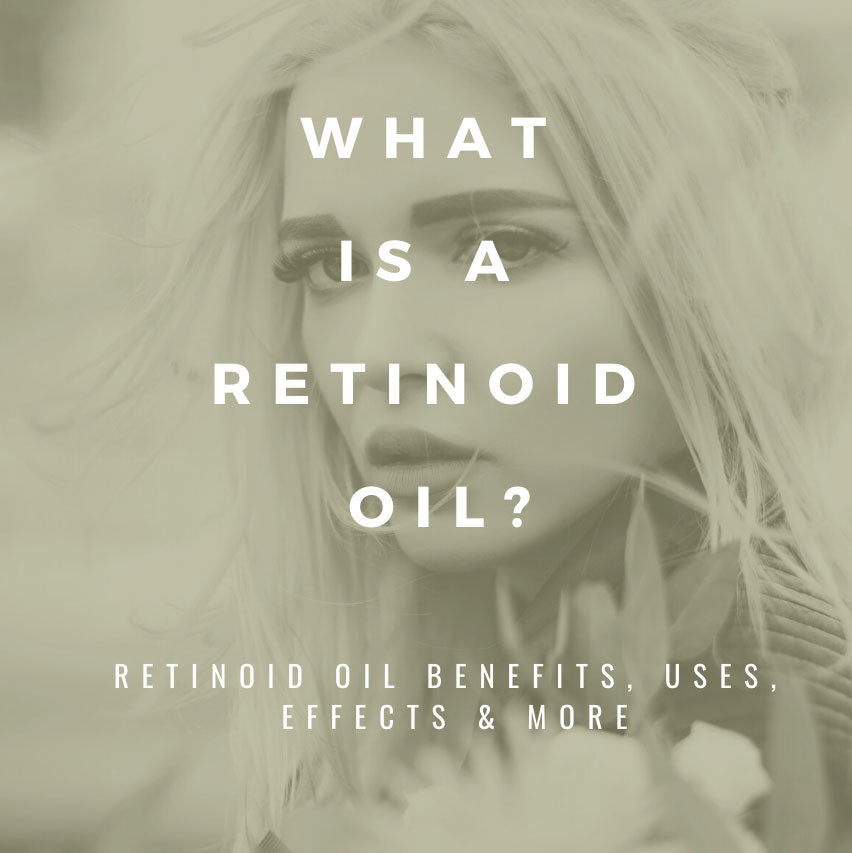Apricot Seed Oil v. Jojoba Oil


With all the advancements in skin care, it’s difficult to figure out what product is best for you. There are a handful of ingredients to choose from, and often the decision is overwhelming. To help you decide which oil best suits your needs, we’re comparing the benefits and properties of two of the most popular oils for health and beauty: Jojoba Oil and Apricot Seed Oil.
Jojoba Oil
What is it?
Jojoba oil is the liquid that comes from the seed of the Simmondsia chinensis plant, which is a shrub native to southern California, southern Arizona, and northwestern Mexico. Although it’s commonly referred to as an oil, it’s actually a liquid wax that comes from nuts that grow on the Simmondsia chinensis plant.
In raw form, jojoba oil has a faint nutty smell with a clear golden color in the raw form, but the refined oil is completely odorless, making it an ideal carrier oil for essential oils.
Why do people love it?
Since jojoba wax has a very low melting point, jojoba oil remains in the liquid state all the time. Because it’s a wax, jojoba oil is much less greasy than typical oils.
Jojoba has a wide array of uses, commonly used to treat acne, psoriasis, sores, bruises, sunburn and chapped skin. This simple oil also encourages hair regrowth, soothes skin, and unclogs hair follicles.
Benefits
Moisturizer
Since dehydrated skin is vulnerable to irritants, jojoba oil locks in moisture and protects it from the drying effects of basic skin care. It seals in moisture and creates an effective barrier to external elements. Because it’s close to the secretion of the sebaceous glands, jojoba oil is highly accepted and tolerated for all skin types.
Acne control
Jojoba oil acts as a deep cleanser. It penetrates hair follicles and dissolves the sebum deposits in the skin, clearing out blockages in pores. Jojoba oil has antibacterial properties that control bacterial growth in hair follicles, which is a common cause of acne.

Apricot Seed Oil
What is it?
Apricot seed (or apricot kernel) oil is derived from the pit of an apricot, scientifically known as Prunus armeniaca. There are two different varieties of apricot kernel oil – one used for culinary consumption and one used for cosmetic purposes.
Why do people love it?
This light, nutty oil, found highly concentrated in each kernel, has high levels of vitamin K, vitamin E, and a number of antioxidants, all of which add to its numerous many health benefits.
Benefits
Moisturizing
Acting as a non-greasy emollient, this oil has high amounts of essential fatty acids which maintain the balance of moisture in skin cells. This leaves skin silky and hydrated. When applied to the skin, apricot seed oil’s emollient properties can help to exfoliate while moisturizing, helping skin look plump and smooth.
Reduces Inflammation
Apricot seed oil is also found in cleansers, exfoliators and face masks, as this oil can drastically improve the health and suppleness of facial skin. Instead of agitating sensitive skin by scrubbing with water or harsh cleansers, one can use apricot seed oil to dissolve dirt and makeup residue, reducing possible redness and inflammation.
Anti-Aging
For people who suffer from premature aging or have wrinkles, the antioxidants packed in this oil are able to reduce oxidative stress in the skin. These antioxidants tone and tighten facial tissue, reducing the appearance of age spots and preventing cellular mutation, which are known to lead to skin cancer.
Both apricot seed oil and jojoba oil sound amazing - don't you wish you could easily harness the benefits of both? Well, you can. Try out this Anti-Aging Under Eye Cream, which is infused with both of these superstar ingredients, to depuff your eye bags and illuminate your entire complexion.
Want to save this info? Pin this picture!

Also in Geneva Naturals

What Is A Retinoid Oil? Retinoid Oil Benefits, Uses, Effects & More

DIY Clay Mask Recipes for Clear Skin


